Freedom from Alcohol, Addiction, & Unhealthy Behavior
You can’t stop drinking or using drugs. What next?
The very best resource is to participate in a 12-step group. While a coach, masterclass, weekend workshop, or group challenge might help you stop temporarily, only 12-Step programs offer the combination of awareness, needed power, action, and a world-wide support community. Nowhere else will you find the density of non-judgment (a.k.a.: “love,”), humility, and honesty.
While there are dozens of unique 12 Step programs, if you are an alcoholic or addict, your starting point is https://www.aa.org/. From there you can find your way to a meeting, get a book, and start talking to others who have similar experiences. I also recommend this app for finding meetings: https://www.aa.org/meeting-guide-app. Over the years it’s been updated and is quite accurate, including zoom meetings.
My experienced opinion is that if you know you can’t control your alcohol or drug intake, this program—when worked fully—will provide the solution to your problem.
I’ve observed that smart and successful people have the hardest time joining a 12 Step programs. They come to me, instead, hoping I can help. I can help by complementing your 12 Step work only, however coaching will never help you the way 12 Step programs will. If you know you are an alcoholic or addict, and you are involved in recovery while actively working with a sponsor, and would like more support. Please contact me.
What is addiction, exactly?
Dr. Gabor Mate told Tim Ferris on his podcast #298 that “Addiction is a complex psychological, physiological process but which manifests in any behavior that a person enjoys, finds relief in, and therefore, craves in the short term but suffers negative consequences in the long term, and doesn’t give up despite the negative consequences.”
Recovery literature, as well as the medical community make it more simple saying, “Men and women drink essentially because they like the effect produced by alcohol. The sensation is so elusive that while they admit it is injurious, they cannot after a time differentiate the true from the false.”
Whether its alcohol, drugs, or a behavior like gambling, shopping, or looking at social media, you are an addict if you find yourself powerless to stop once you’ve started.
Over-functioning, caretaking, controlling, denial, blaming, poor communication, weak boundaries, lack of trust, angry.
Sound familiar?
These are behaviors of a person who is in a relationship (or has been) with an addict or alcoholic. This does not have to be someone you are, or were, in a partnership with. It could easily have been a parent or caretaker you grew up with. Very likely, you’ll find it in both—in your past, as well as in your recent/current relationships. There’s an observable pattern once you become aware of it.
Similar to what I shared above, there’s no better program for you than one of the 12 Step programs such as Adult Children of Alcoholics, Al-Anon, or Co-Dependents Anonymous.
If you are looking for additional support, please contact me.
It is a million dollar program shoved up your ass one nickel at a time.
Treatment for addiction is a massive business—$42 billion in the United States alone. The irony is that real recovery can be as cheap as $1/day.
Professional treatment might help you—there are lots of in-patient and out-patient treatment centers. Depending on where you go a treatment center will cost thousands, or even tens of thousands per month. Many of them are high margin businesses that attract wealthy clientele willing to pay for spa-like services. And that might be just what you need. However, if you’ve been to one, or two, or seven, and you continue to drink or use without the ability to stop, 12-step recovery programs have the ultimate solution for FREE. As the literature tells you, “there are no dues or fees for membership.” Most people contribute one or two dollars per meeting, voluntarily.
I’m not going to bother citing results of treatment centers versus 12 step programs. Instead I’m going to encourage you to find out for yourself. If you’ve already been to treatment and relapsed, go to ninety meetings in ninety days at a 12 step program next. If you’ve never been to treatment, do the same thing. The meetings alone won’t fixe your problem. However, if you show up early, share in the meetings, get involved in service, my suspicion is you’ll be very surprised at the effectiveness of this “nickel” program.
Read More














